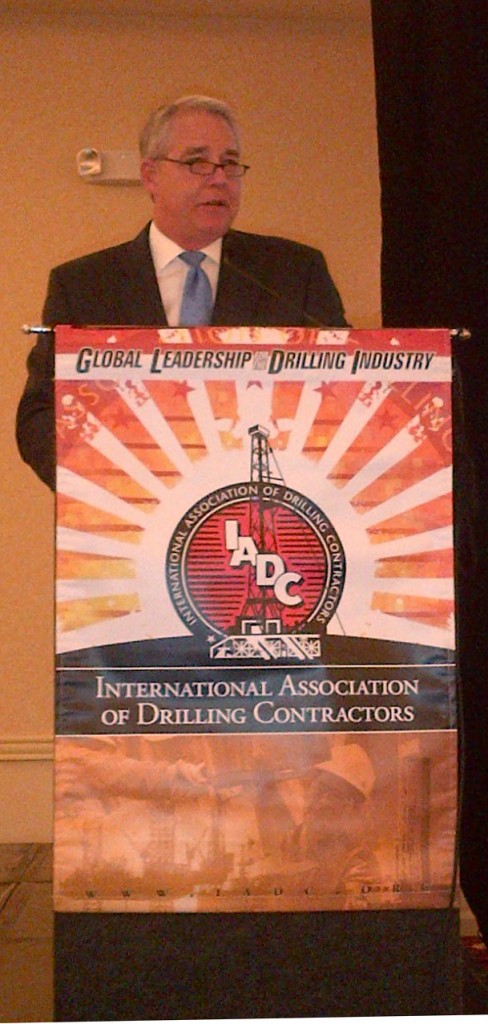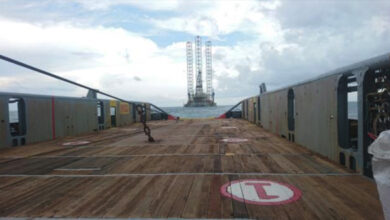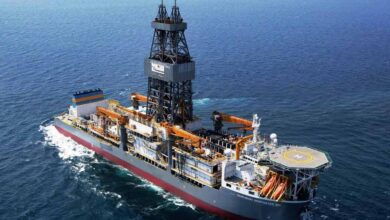Rynd: Zero risk tolerance is next step to improve safety

By Katherine Scott, editorial coordinator
Industry has made great strides over the past 30 years in reducing its incident rates, but to further improve, risk tolerance has to reach zero, John T. Rynd, Hercules Offshore CEO and president, said at the 2012 IADC Lifting and Mechanical Handling Conference & Exhibition on 18 July in Lafayette, La. “As we look out into our industry, it is our level of risk tolerance that’s going to change the game,” he said.
To further reduce the number of incidents, industry must help the individual to accept his or her personal responsibility and to understand what risk is. There is a better focus on risk when people learn to ask themselves, what is the likelihood of an incident to occur, instead of when something could happen to them, Mr Rynd said. “When an incident happens, we’ve lost control. It’s in motion,” he said.
Improvements have been made to HSE manuals and internal programs, but that in itself is not enough. “There’s no doubt the focus is there,” he continued, but what’s on paper versus the level of risk that each person will tolerate are separate issues. “We have to understand everybody’s risk level is different, but we’ve got to get it to a place where we’re just not going to accept the risk,” he said.
An individual’s risk tolerance level can be affected by several factors, Mr Rynd explained, such as how a person was raised and his or her religion. Further, risk tolerance may be the product of complacency, lack of awareness or, simply, the individual’s personality, i.e. seeking the thrill of going up on the crown or taking a riding belt up to the monkeyboard, he said.
Risk tolerance also relates to a person’s integrity on the job. “If a toolpusher is not around, am I going to do it the same way every time? If nobody’s looking, I may take a shortcut,” he said. Mr Rynd believes that because industry tends to applaud the speed with which a job is completed, integrity and risk tolerance can be compromised.
Although addressing an individual’s risk tolerance level is vital, the entire rig crew should also be trained to recognize risk. “It’s not what we will tolerate; it’s what we will tolerate in others,” Mr Rynd said. “We can be the best champion of our own selves, but we have to take that to the rig, to the warehouse or wherever we are, and put that on the next guy and say, ‘Hey, shut her down. You’ve got a wife and kids at home. You’ve got all of us on the rig; we’re family. If you put yourself in harm’s way, you may put us in harm’s way.’”
Hercules Offshore already uses a training video to visually explore the issue of risk tolerance, but Mr Rynd encourages the industry to come together on the issue. “We have great policies and procedures, but we’ve got to get where we’re not going to accept risk, not just in ourselves but in others. It’s got to be a passion for everybody,” he said.




